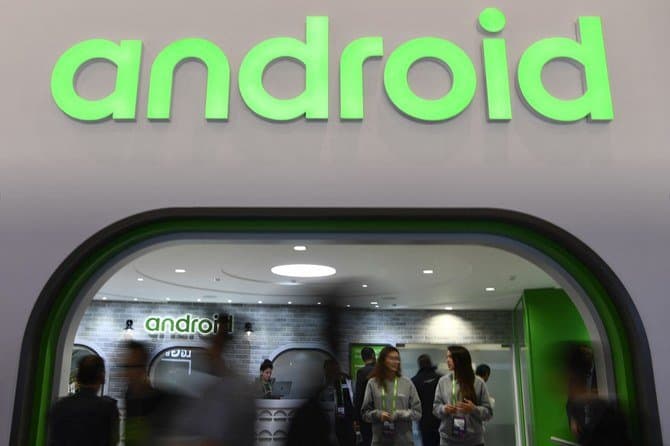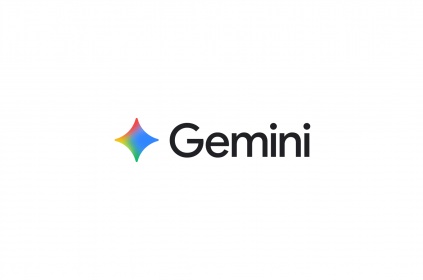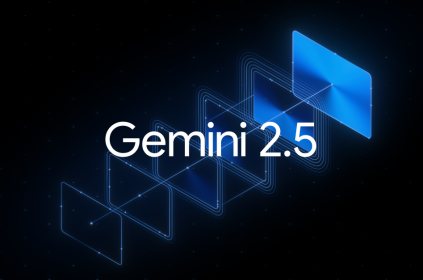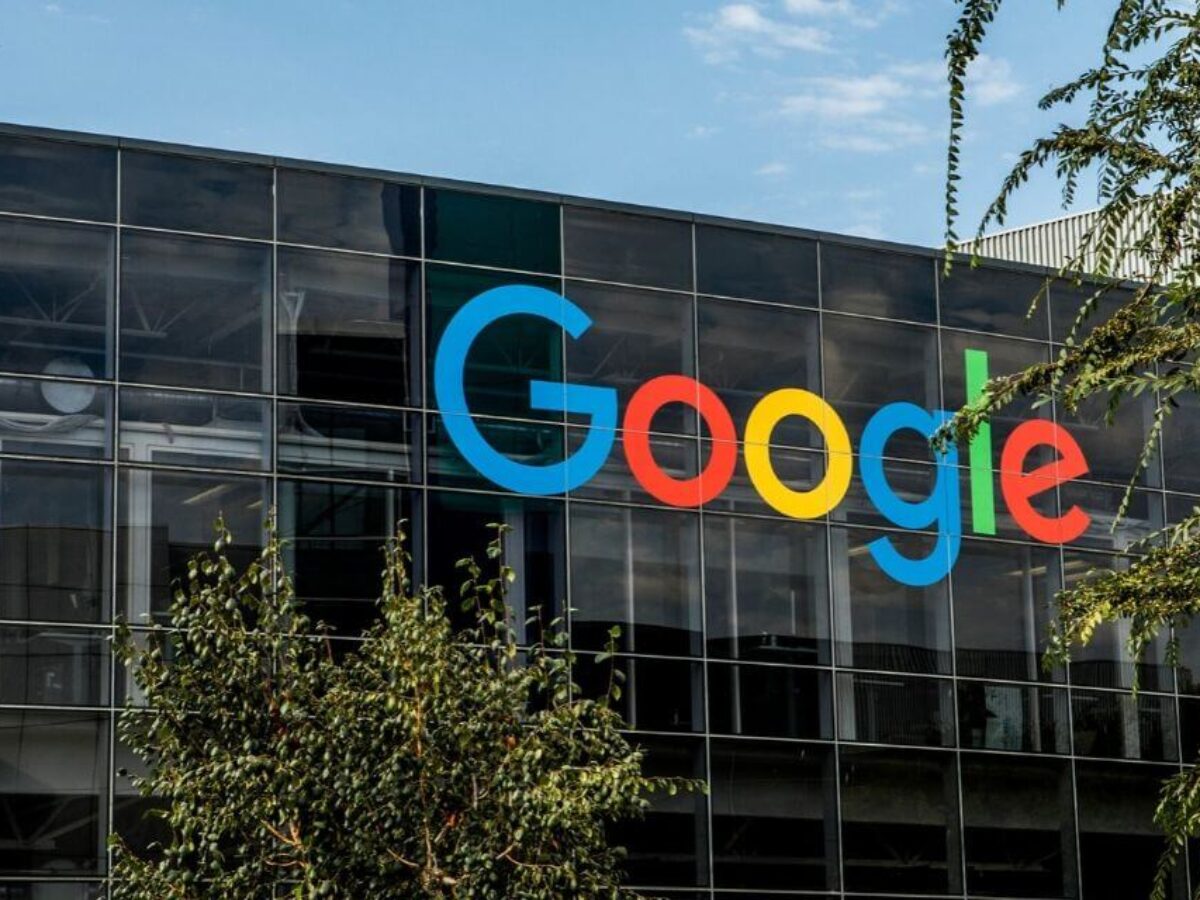On Wednesday, Google announced that it would be adding end-to-end encryption to its messaging app.
Also, it added that the feature would be available to all Android devices with access to Rich Communication Services (RCS).
Although iMessage has had end-to-end encryption for years, however, Google just developed the feature in November last year.
However, just like iMessage, it would only be accessible to the users who have the feature turned on using data or wifi.
To know if it is active, there is a small padlock on’ send’ to show it is locked.
But if it is not active, the small lock would be absent.
Android phone that uses Google’s messaging app by default.
So to make the feature active, users would have to activate the feature on their devices.
Google had said in a statement, “No matter who you’re messaging with, the information you share is personal. End-to-end encryption in Messages helps keep your conversations more secure while sending.”
The Google messaging app had been absent from the default app on Google up until now.
It was introduced in 2019 as the Rich Communication Services and was described as a standard Apple iMessage version.
However, some devices have originally come with RSC function (messaging function) like Samsung devices; though it doesn’t come with an end-to-end encryption feature.
ALSO READ: Google Announces Updates, Makes Workspace Available To Everyone
Additional Android features
Alongside the encryption message feature, Google had also released other features. They include
- A feature that enables users to star messages in the Google app. This would enable the users to find them later in the future when they need it.
- Context emoji suggestion. The feature allows the suggestion of emoji.
- Google Assistant update.
- Lastly is the Android Auto-update for cars.
Although, earlier in the year, Google had released an Earthquake alarm system to some countries to warn them of upcoming earthquakes. It has already been released to New Zealand and Greece.
Later it was extended to Turkey, the Philippines, Kazakhstan, Kyrgyz Republic, Tajikistan, Turkmenistan and Uzbekistan. In the coming months, Google said the feature would be extended to more countries.


















 and then
and then